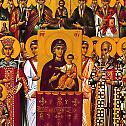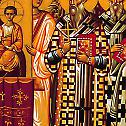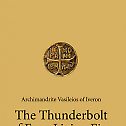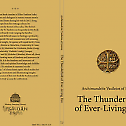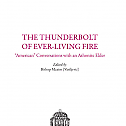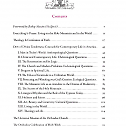Culture
Book representation: The Great War 1914 – 191
27. March 2019 - 15:49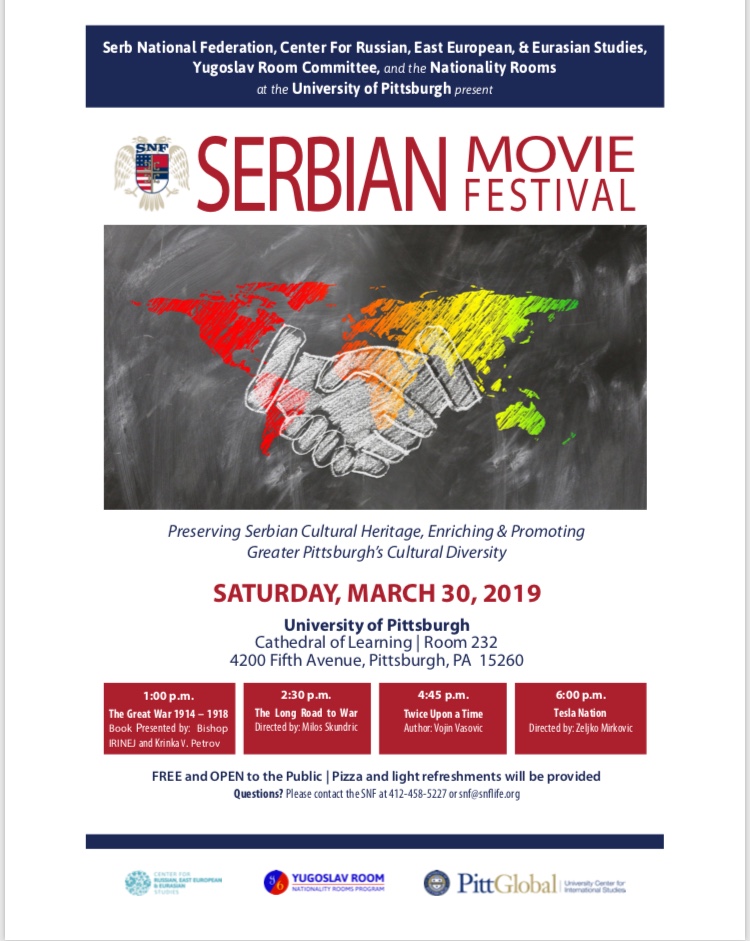 A commemorative anthology, The Great War 1914 – 1918: The Kingdom of Serbia, the United States of America and the Serbian American Diaspora will be presented within the framework of the Serbian Movie Festival by His Grace Bishop IRINEJ of Eastern America and Dr. Krinka Vidakovic Petrov, Scholar and Editor, on SATURDAY, MARCH 30, 2019, beginning at 1:00 PM, at the University of Pittsburgh, Cathedral of Learning Room 232, at 4200 Fifth Avenue, Pittsburgh, PA 15260.
A commemorative anthology, The Great War 1914 – 1918: The Kingdom of Serbia, the United States of America and the Serbian American Diaspora will be presented within the framework of the Serbian Movie Festival by His Grace Bishop IRINEJ of Eastern America and Dr. Krinka Vidakovic Petrov, Scholar and Editor, on SATURDAY, MARCH 30, 2019, beginning at 1:00 PM, at the University of Pittsburgh, Cathedral of Learning Room 232, at 4200 Fifth Avenue, Pittsburgh, PA 15260.
The book is dedicated to the Great War, an event that shook the world one hundred years ago. Within this vast historical frame-work, this book focuses on the relationship between two Allies—the Kingdom of Serbia and the United States of America, including the role of the Serbian American Diaspora. The chapters in this book deal with general issues regarding Serbia’s role in the Great War, beginning with the event that would trigger the war and put the small town of Sarajevo on the world map. This book offers a wealth of information as well as a fascinating narrative of the human urge to resist, survive, and be free to live and love.
Sunday of Orthodoxy
16. March 2019 - 17:11The Sunday of Orthodoxy is the first Sunday of Great Lent.
The dominant theme of this Sunday since 843 has been that of the victory of the icons. In that year the iconoclastic controversy, which had raged on and off since 726, was finally laid to rest, and icons and their veneration were restored on the first Sunday in Lent. Ever since, this Sunday has been commemorated as the "Triumph of Orthodoxy."
The Great Canon of St. Andrew of Crete. Monday of the First Week
11. March 2019 - 10:55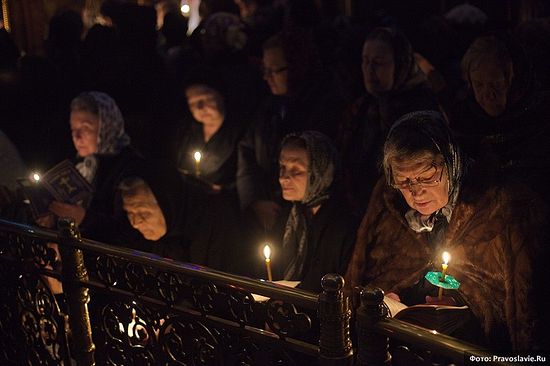 On Monday of the First Week of Lent, during Great Compline, after Psalm 69, the Canon is sung. The Eirmosi are sung twice, at the beginning and end of each Song. Before each Troparion we make the sign of the Cross and bow three times.
On Monday of the First Week of Lent, during Great Compline, after Psalm 69, the Canon is sung. The Eirmosi are sung twice, at the beginning and end of each Song. Before each Troparion we make the sign of the Cross and bow three times.
Ode 1 Tone 6
Eirmos: He is my Helper and Protector, and has become my salvation. This is my God and I will glorify Him. My father's God and I will exalt Him. For gloriously has He been glorified. (Exodus 15:2,1; Psalm 117:
The medieval monastery of Ayia Napa is turning into a museum
28. February 2019 - 21:47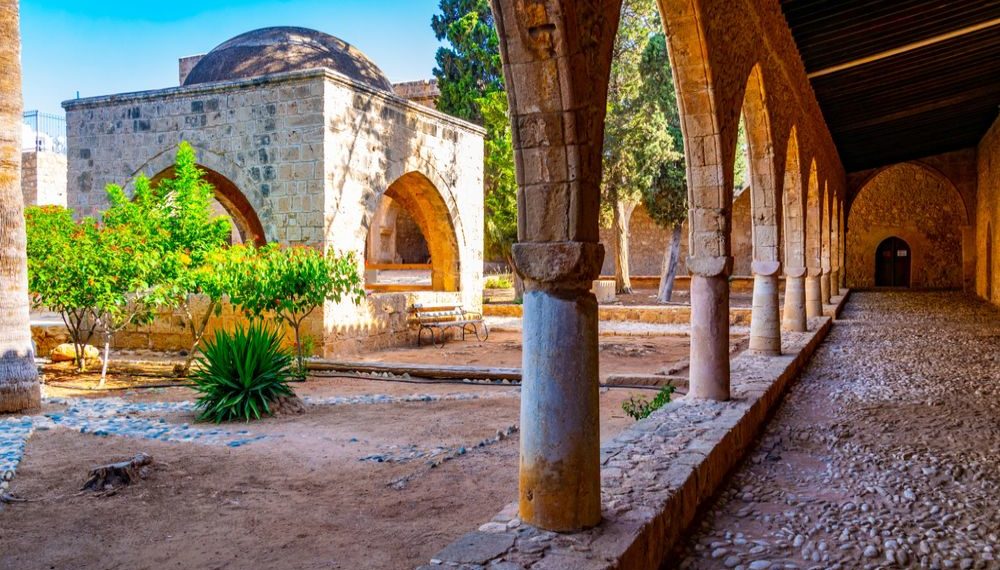 The medieval monastery of Ayia Napa is turning into a museum. According to the Cypriot newspaper “Politis“, Metropolitan Vasilios of Constantia and Ammochostos, on the occasion of the signing of construction contracts, stressed that in about a year it is expected that the museum will be able to host its first visitors.
The medieval monastery of Ayia Napa is turning into a museum. According to the Cypriot newspaper “Politis“, Metropolitan Vasilios of Constantia and Ammochostos, on the occasion of the signing of construction contracts, stressed that in about a year it is expected that the museum will be able to host its first visitors.
Theology As a Surprise: Patristic and Pastoral Insights
19. February 2019 - 11:48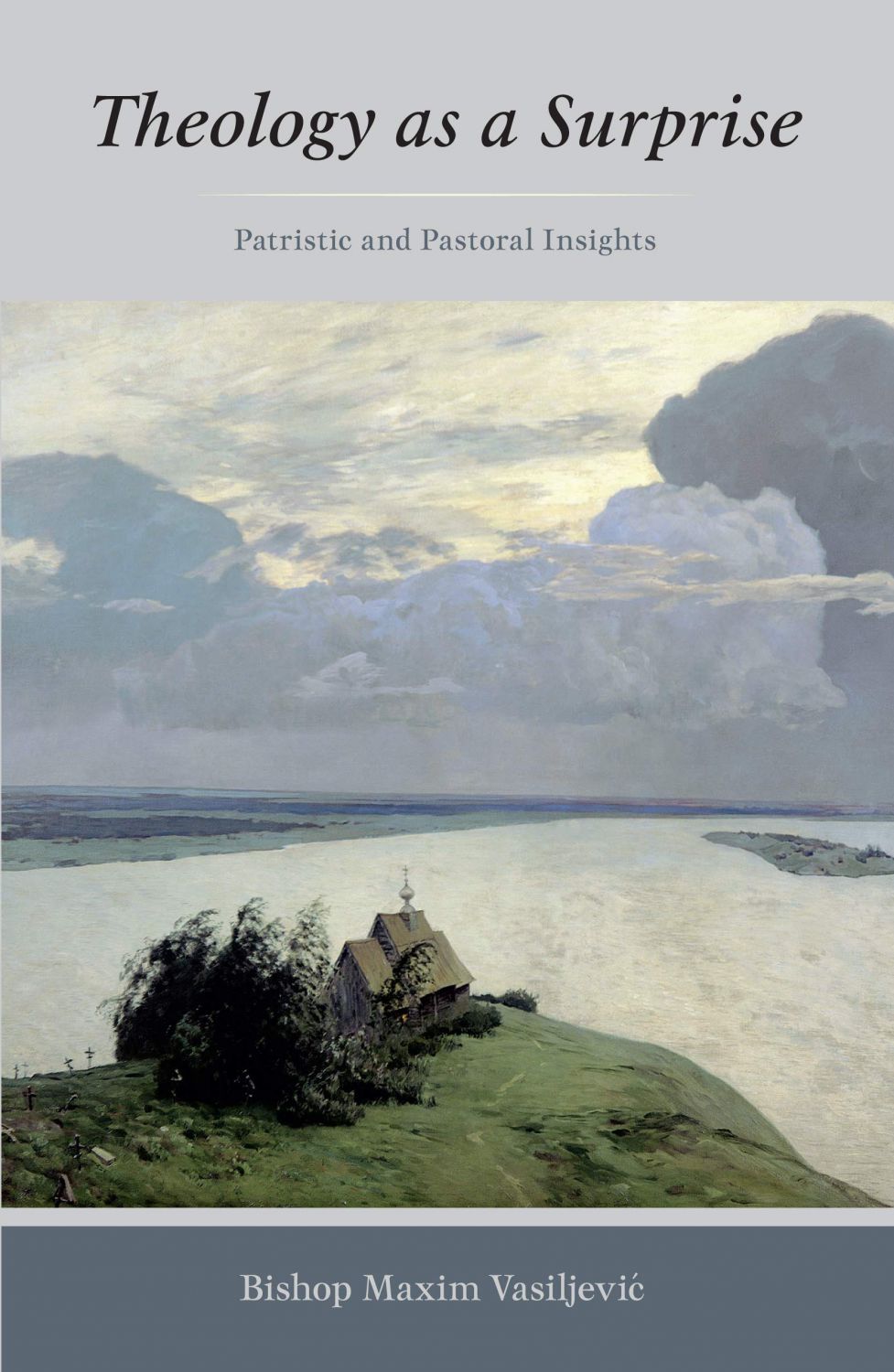 In this book, His Grace Bishop Maxim (Vasiljevi) offers us a breath of fresh air.
In this book, His Grace Bishop Maxim (Vasiljevi) offers us a breath of fresh air.
This is not a book of theology in the form we have become accustomed to expect: a systematic examination of the usual topics of theological reflection; it is much more than that. Bishop Maxim draws upon Scripture, the Fathers, and Liturgy to address perennial and yet very contemporary questions: our experience of time and history, our existence as human persons and the complexities of sexuality and gender, our life in the polis and the ekklesia, and the relational presence of an icon in a world saturated with digital images.
You can purchase this book here.
Source: Western American Diocese
The Thunderbolt of Ever-Living Fire
19. February 2019 - 11:45With the book in your hand, Sebastian Press once again attempts at an Orthodox participating in the "yeasting" that is underway in the Americas. The book is an offering from Elder Vasileios to us and from us to Elder Vasileious. He visited Western America and Chicago and delivered numerous talks, presentations, video and audio interviews during September of 2011, to a variety of gatherings (clergy and lay people in California, Arizona

